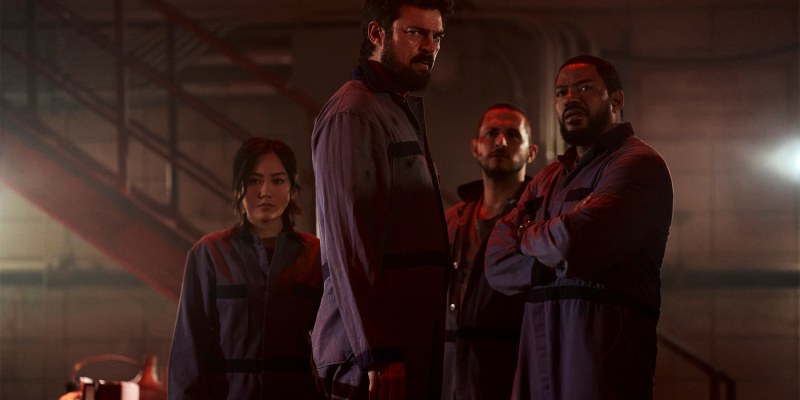This discussion and review contains spoilers for The Boys season 3, episode 4, “Glorious Five Year Plan.”
The Boys has always been a show remarkably clear and coherent in its central themes, building strongly and confidently outwards from its central concepts. It is perhaps one of the reasons that Eric Kripke’s television adaptation is a more holistically satisfying experience than Garth Ennis and Darick Robertson’s source material.
The three-episode season premiere neatly re-established the show’s preoccupation with masculinity in crisis, reflected in the character arcs of everyone from Homelander (Antony Starr) to Butcher (Karl Urban) to Hughie (Jack Quaid) to Todd (Matthew Gorman). “Glorious Five Year Plan” extends that theme organically, leaning heavily into The Boys’ preoccupation with parenthood in general and fatherhood in particular.
As in the premiere, The Boys suggests that its heroes and villains are not as different from one another as they might like to think. It feels appropriate that Homelander and Butcher were linked primarily through their relationship to Butcher’s now-deceased wife Becca (Shantel VanSanten) and are now tethered together through her son Ryan (Cameron Crovetti). Ryan is Homelander’s biological son but has Butcher’s last name, and both men have been fathers to him.
Butcher was shaped by his relationship to his own abusive father (John Noble). Butcher has clearly internalized his father’s opinion of him. The Boys argues that Butcher’s self-destructive tendencies and hostility to others are a form of self-punishment. When Hughie catches Butcher injecting temporary V, Butcher warns his ward, “This shit here, it’s not power. It’s punishment. You don’t deserve none of it.” Hughie replies, “What, and you do?” Butcher doesn’t disagree.
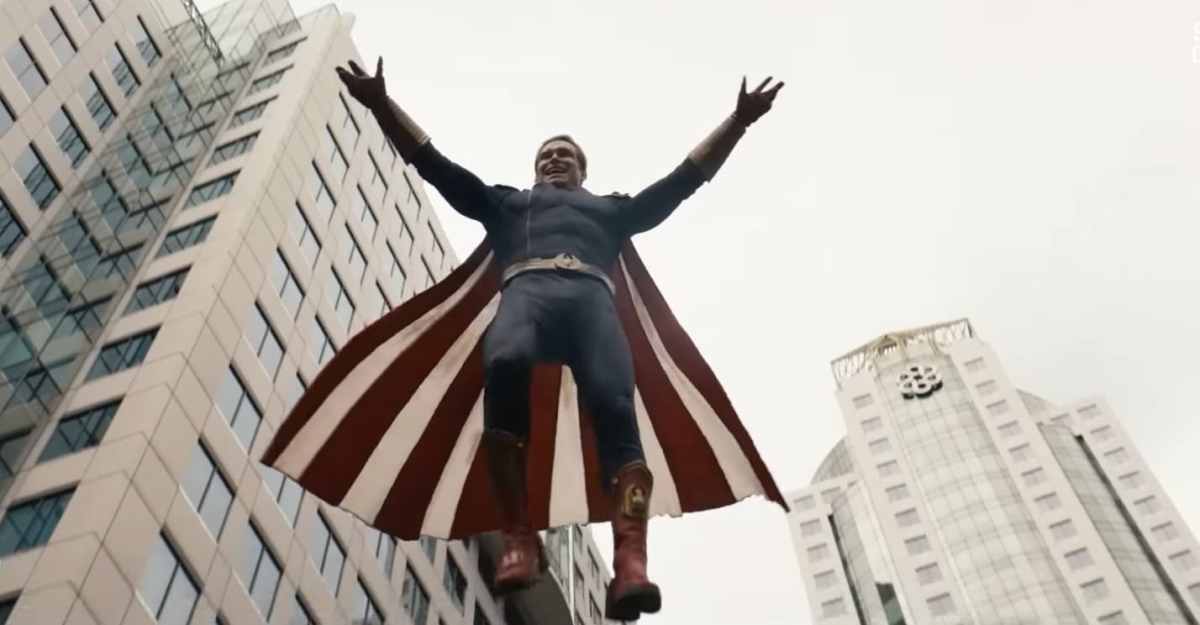
Homelander doesn’t even know his father. Earlier seasons focused on his Oedipal impulses, looking for surrogate mothers and highlighting his obsession with breastfeeding or milking. “Glorious Five Year Plan” refocuses on the absence of a male parental figure, suggesting that he looked to Vought CEO Stanley Edgar (Giancarlo Esposito) as a potential surrogate. “Why are you still here, looking for my approval like I’m your daddy?” Edgar asks. “And even if I were, what would there be to approve of?”
“Glorious Five Year Plan” suggests parents pass down their flaws to their children, that their flaws curse both themselves and the people that matter most to them. This is certainly true of Edgar, who sees Homelander as a petulant child. He hopes to use the political power of his surrogate daughter Victoria Neuman (Claudia Doumit) to bring him to heel. “He’s testing boundaries,” Edgar explains. “And when that happens, you have to discipline them, like… well, like a parent would.”
Ironically, both of Edgar’s surrogate children have learned too much from him. They are just as cynical and opportunistic as he is, just as devoid of any compassion or empathy. Neuman betrays her surrogate father to protect her daughter Zoe (Olivia Morandin). Edgar doesn’t begrudge her this. “If it’s one thing I taught her, it was to play all sides,” he confesses to Homelander. “She’s more like me than I ever imagined.” That is the curse of parents and children, it seems.
Butcher faces similar troubles. Not only has he alienated himself from his wife’s son, but he also finds himself fracturing the surrogate family that he has built. He treats Frenchie (Tomer Capone) and Kimiko (Karen Fukuhara) as tools rather than people. “In case you two forgot, I tell you what to do, and you fucking do it,” he bluntly informs them. It seems that Butcher has learned a lot more from his own father than he would care to admit.
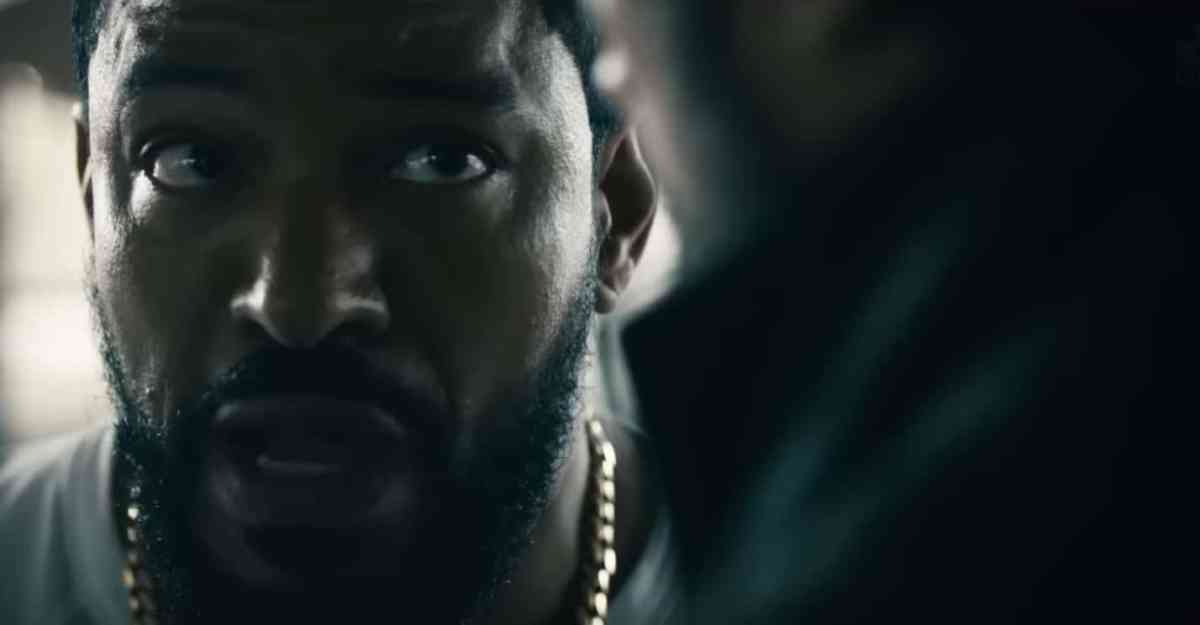
It’s appropriate, then, that Milk (Laz Alonso) is positioned as Butcher’s foil within this makeshift family. Not only is Milk the only other member of the team to be a father, but it also makes sense of his nickname “Mother’s Milk.” Explaining why he chose Milk for the team, Butcher recalls the testimony of the soldiers who served with Milk that he was “the one who held that platoon together.” As Butcher summarizes, “You’re here to look after the boys.”
After all, at the risk of stating the obvious, the title of The Boys suggests a certain youthfulness. Certainly, the third season of The Boys goes out of its way to underscore how young Hughie is, despite his life experiences over the previous two seasons. Simon Pegg, who was the original model for the comic book version of Hughie but concedes that he is too old to play the role in live action, reprised the role of Hughie’s father in the season premiere for the first time since the first season.
“Glorious Five Year Plan” underscores Hughie’s lack of actual life experience as the gang prepares to make its trip to Russia. Boarding a jet chartered by Little Nina (Katia Winter), Milk asks, “First time flying private, kid?” Hughie responds, “First time out of the country.” It is a small moment, but it’s an effective way for the episode to demonstrate just how little Hughie has lived, as well as how much he still needs paternal figures — whether his biological father, Butcher, or Milk.
Cynically, The Boys suggests that monsters beget monsters and that violence perpetuates itself across generations. Butcher clearly cares about Hughie enough to give him an earnest anti-drug warning straight out of Walk Hard, warning his charge, “Lad like you don’t want no part of it.” However, kids imitate actions easier than they follow directions, and Hughie takes the drug anyway, much to Milk’s chagrin. Milk chides Hughie, “You’re better than this, kid.”
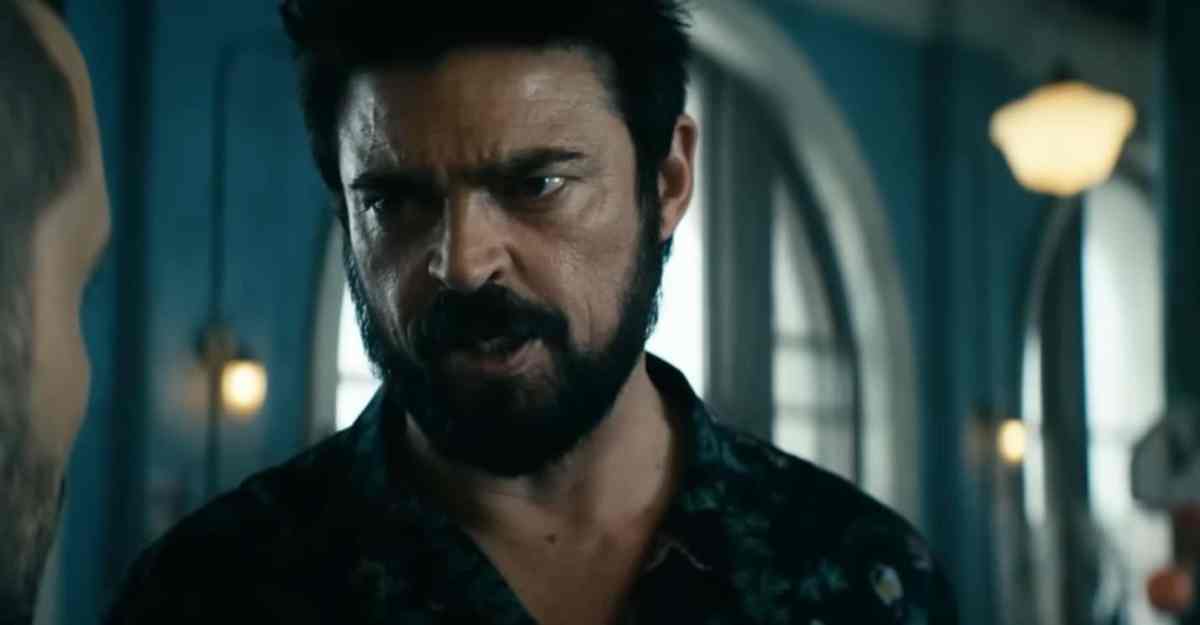
Victoria more directly passes down her powers from parent to child, injecting Zoe herself with the compound coursing through her own blood and ensuring that power remains within the family. Ryan is absent from “Glorious Five Year Plan,” but Homelander still inspires his own generation of emulators. Homelander is an abusive father figure to both Deep (Chace Crawford) and A-Train (Jessie T. Usher), both of whom resent his power and crave his validation in equal measure.
Behavior and dialogue cues flow down from the top of the pyramid. When Ashley (Colby Minifie) warns him that Neuman has announced a press conference, Homelander humiliates her by insisting that she answer whether her “idiot brain is getting fucked by stupid.” Ashley repeats this routine with her own subordinate later in the episode, demonstrating that such attitudes are reinforced through these relationships and dynamics, passed down.
That said, there is perhaps some grim cosmic justice in all of this. These bad parents inevitably suffer for their sins. The Boys hasn’t always capitalized on Giancarlo Esposito as one of modern television’s best actors, but “Glorious Five Year Plan” allows the performer to play a tragedy in miniature. Edgar is a man who exploited Homelander to great financial success, who built a media empire around the spectacle and the mythology of this monster, in the hopes of controlling it.
The parallels are obvious, particularly given that “Glorious Five Year Plan” opens with Homelander going on television to peddle nonsense conspiracy theories about “the mainstream media” and the “rich and powerful forces” that are “everywhere” working against him. Homelander is the paranoid and lunatic fringe of modern far-right resentment politics, while Edgar is the political establishment that hoped to harness that fringe’s popularity, only to wind up devoured and defeated by it.
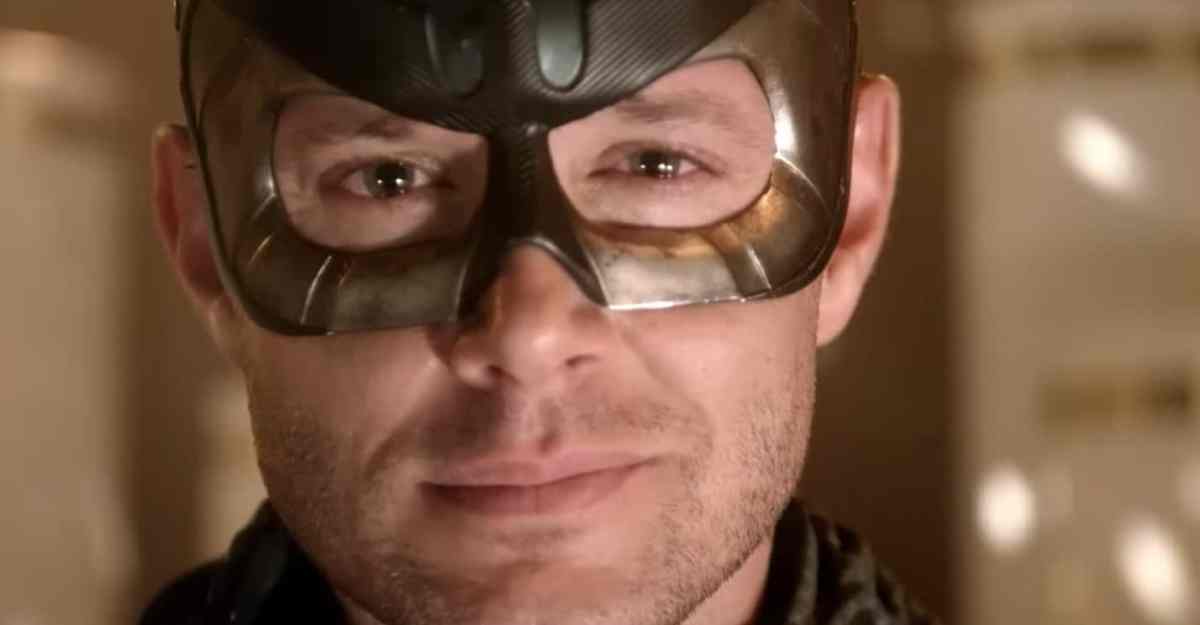
As ever in The Boys, reality and fiction collapse into one another. In the premiere, Homelander’s affair with a literal Nazi (Aya Cash) is reworked into a redemptive blockbuster narrative starring Charlize Theron. (Befitting Deep’s status as a poor mimic of Homelander, it is appropriate his own such project has to settle for Billy Zane.) In toppling Edgar, Homelander suggests that relationship is not strictly one-way. The narratives Edgar wove from reality can become a reality of themselves.
“This is a superhero company,” Homelander boasts as he deposes the CEO. “Always has been. Belongs to us, not to him. I just set that straight.” He welcomes the “Dawn of the Seven,” suggesting that he has de-fictionalized the corporate propaganda blockbuster that Vought just released mythologizing him. It’s a potent and clever idea, as well as an unsettling one, particularly in an era where rioters storming the Capitol did so dressed as both Homelander and Captain America.
This is perhaps an even broader distillation of the season’s preoccupation with parents and children. In The Boys, characters need to be careful what they put out into the world, because odds are it will come right back at them. Then again, perhaps that’s just the show’s sly take on the other half of the Oedipal myth, the fear that what you send out into the world is going to either fuck you or kill you.
